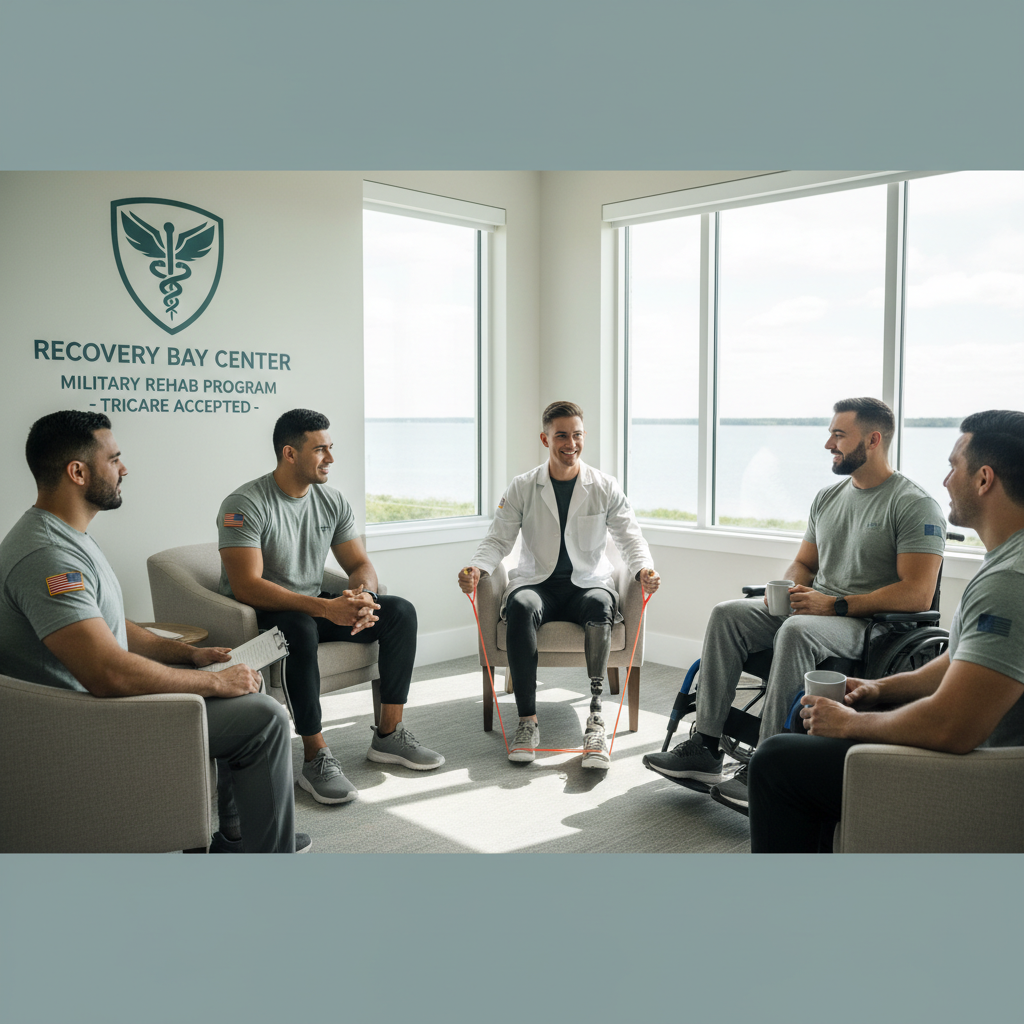When you first wonder how addiction impacts family relationships, you may feel overwhelmed by the changes unfolding around you. You might notice mood swings, broken promises, financial surprises, or a growing silence at the dinner table. Understanding how substance use affects family dynamics is the first step toward compassion and constructive action. In this guide, you will learn to recognize early warning signs, appreciate the emotional and practical burdens on loved ones, and find pathways to healing—together.
Recognize early warning signs
Before family bonds fracture further, you can spot subtle indicators that addiction may be taking hold. Early awareness empowers you to offer support rather than react in frustration.
Behavioral changes
- Increased secrecy around daily activities
- Isolation from family gatherings or hobbies
- Irritability, defensiveness, or sudden outbursts
If you notice your partner or parent skipping planned events or growing evasive about their whereabouts, consider whether substance use could be the cause. It may help to review how to know if someone needs help for substance abuse for more guidance.
Emotional shifts
- Heightened anxiety, paranoia, or mood swings
- Unexplained guilt, shame, or flat affect
- Difficulty connecting in meaningful conversations
Emotional volatility often precedes more visible signs of addiction. You might find it hard to engage in everyday discussions without tension or abrupt mood changes.
Physical symptoms
- Unexplained weight loss or gain
- Bloodshot eyes, tremors, or unusual odors
- Neglected personal hygiene or appearance
Physical clues can confirm your worries and prompt a caring conversation. Learning about early signs of alcohol dependency may help you frame these observations in context.
Understand emotional repercussions
Addiction seldom affects only the person using substances. Your own well-being and that of other family members can face significant emotional strain.
Impact on family members
- Children may experience confusion, fear, or abandonment
- Spouses often feel betrayed, resentful, or overly responsible
- Siblings can develop resentment or detachment
When a loved one struggles, the entire household can feel unstable. Research shows that family members may suffer depression, sleep disturbances, or even post-traumatic stress disorder [1].
Common emotional responses
- Fear: Worrying about safety and future
- Anger: Frustration at broken trust or failed promises
- Guilt: Blaming oneself for not doing enough
- Shame: Reluctance to discuss the issue with others
These responses often persist long after the addiction itself begins to recede. Recognizing and naming them can ease the path to recovery for everyone.
Managing stress
- Practice self-care: regular exercise, healthy sleep, mindfulness
- Seek peer support: consider family-focused support groups
- Engage in therapy: explore role of therapy in addiction treatment for yourself
Ongoing encouragement and involvement are essential, as progress may not follow a straight line [2]. Celebrating small victories, like an honest conversation or a day without relapse, helps sustain hope.
Address trust and communication
Addiction often erodes open communication and mutual trust. Rebuilding these foundations is critical for long-term healing.
Erosion of trust
- Lies about substance use or whereabouts
- Broken promises to stop or cut back
- Denial of problems, even when evident
Deception is a common defense mechanism for someone hiding substance use. Understanding this can help you respond with empathy rather than suspicion.
Rebuilding trust
- Establish clear, achievable agreements: no surprises or secretive behavior
- Use regular check-ins: brief, honest conversations about feelings
- Consider family therapy: a neutral space to voice concerns
Family therapy offers tools to facilitate open dialogue and accountability. For more on structured approaches, see benefits of group therapy for addiction.
Improving dialogue
- Use “I” statements: “I feel worried when…” rather than “You always…”
- Listen actively: reflect back what you hear to ensure understanding
- Avoid blame: focus on shared goals like safety and stability
Transparent communication helps anyone in early contemplation recognize that they are supported, not judged.
Manage practical burdens
Beyond emotional pain, addiction creates tangible strains on daily life—financial, social, and logistical.
Financial strain
- Direct costs: purchasing substances, legal fees
- Indirect costs: lost income from missed work, medical bills
- Long-term debts: credit issues, unpaid bills
According to research, drug addiction can impose a significant financial burden, deepening emotional stress and family conflict [1].
| Expense category | Typical impact |
|---|---|
| Substance costs | $50–$200 per week, depending on the drug |
| Legal fees | $1,000–$5,000, on average |
| Lost income | 1–5 weeks unpaid leave per year |
| Treatment expenses | $5,000–$15,000 for a 30-day program |
Role reversals
- Children taking on caregiving or financial roles
- Partners covering household responsibilities alone
- Extended family stepping in to fill gaps
When routines shift unexpectedly, resentment and confusion can follow. Being aware of these role changes helps you address imbalances.
Legal and social issues
- Court appearances due to DUI or possession charges
- Social stigma: friends distancing themselves
- Child welfare concerns: risk of supervision or removal
Understanding local resources, such as legal aid or social services, can ease some of these pressures.
Explore support options
No one recovers in isolation. You can find professional and peer-led resources to guide you through every stage.
Professional treatments
- Detoxification: medical supervision during withdrawal [3]
- Inpatient vs outpatient care: compare levels of support [4]
- Medication assisted treatment (MAT): reducing cravings with FDA-approved medications [5]
Professional care addresses both physical dependence and behavioral patterns.
Family therapy
- Focuses on communication, trust, and shared coping strategies
- Educates family members on understanding co-occurring mental health and substance abuse
- Provides a structured environment to rebuild relationships
Involving loved ones in treatment can reduce emotional burdens and improve outcomes [6].
Peer support groups
- Al-Anon or Nar-Anon: for families of people with addiction
- SMART Recovery for loved ones: evidence-based, skills-focused
- Online forums: anonymous, 24/7 access
Connecting with others who share your experience can alleviate isolation and offer practical advice on navigating family dynamics.
Foster long-term recovery
Healing family relationships and maintaining sobriety go hand in hand. Your ongoing commitment shapes a healthier future.
Developing life skills
- Stress management: mindfulness, time management
- Healthy communication: assertiveness, active listening
- Parenting strategies: consistent routines, positive reinforcement [7]
Acquiring these skills supports both individual growth and collective resilience.
Building a recovery network
- Sober living homes: structured, peer-supported environments [8]
- Mentorship: pairing with someone further along in recovery
- Community engagement: volunteering, group activities
A strong support network reduces relapse risk and reinforces positive behaviors.
Monitoring relapse
- Identify personal triggers: stress, social situations, emotional setbacks
- Create a relapse prevention plan: learn from relapse prevention basics
- Seek help early: consult a therapist or sponsor at the first warning sign
Building safeguards around triggers empowers you and your family to act swiftly if old patterns resurface.
Take action steps
Once you recognize the problem and explore options, it is time to make concrete plans.
When to seek help
- Persistent warning signs over weeks or months
- Failed attempts to cut back or quit
- Significant impact on work, relationships, or health
If you or your loved one meet these criteria, consider discussing questions to ask when considering rehab to map out appropriate next steps.
Resources for families
- National Helpline: 1-800-662-HELP (4357)
- Local addiction treatment directories
- Books and online courses on family recovery strategies
Early engagement of support services reduces the emotional and financial toll on everyone involved.
Moving forward
- Set realistic goals: short-term (30 days sober), long-term (family vacation) [9]
- Celebrate milestones: hold a dinner, write a gratitude note
- Reevaluate regularly: adjust your plan as progress unfolds
Your proactive steps today create a foundation for lasting change and restored family harmony.
Facing addiction together can feel daunting, but understanding its impact on family relationships empowers you to help yourself and your loved ones. Recognize the warning signs, address emotional and practical burdens, and engage in supportive options. With empathy, open communication, and professional guidance, you and your family can rebuild trust, foster resilience, and embrace hope. If you’re ready to take the first step, explore first steps after deciding to seek treatment and lean on your recovery support network every step of the way.





